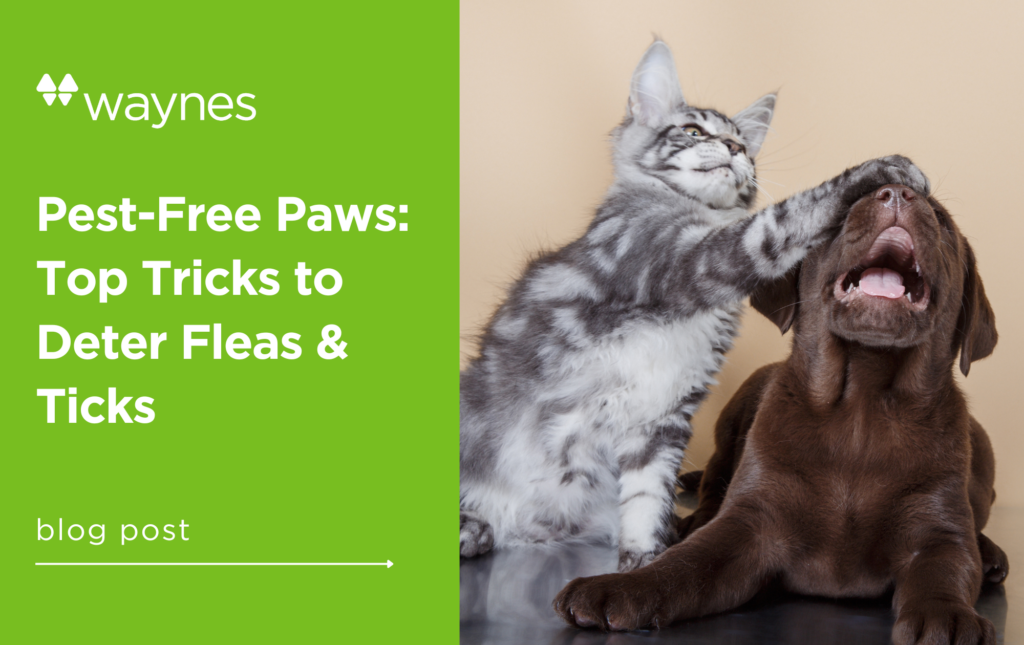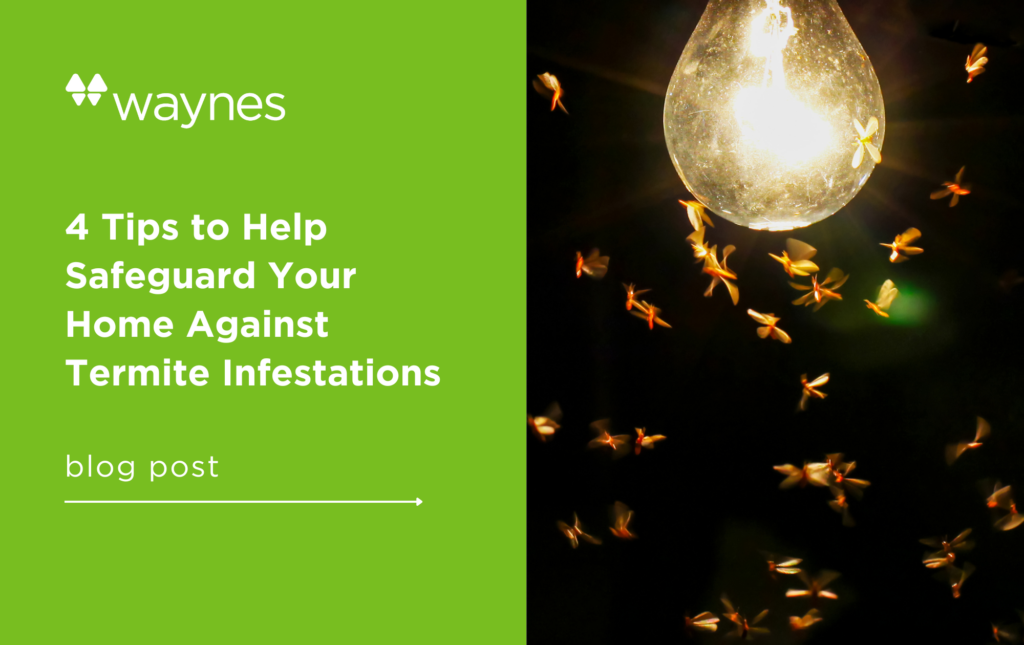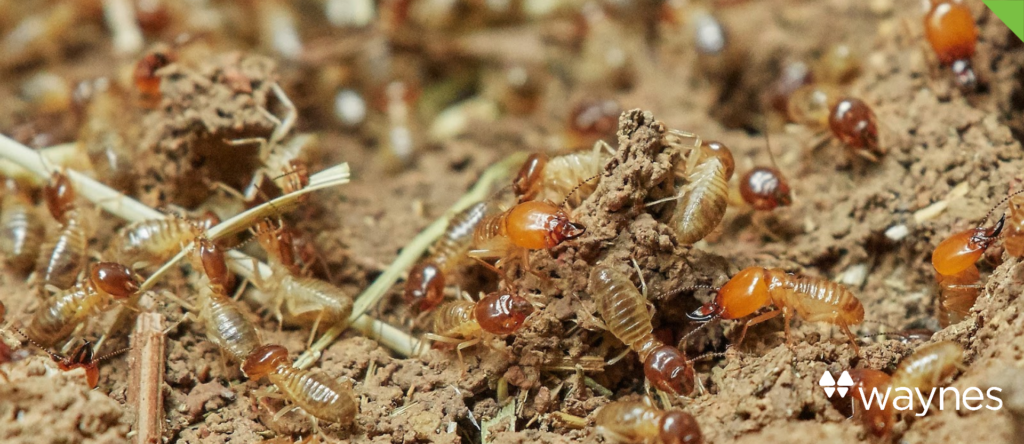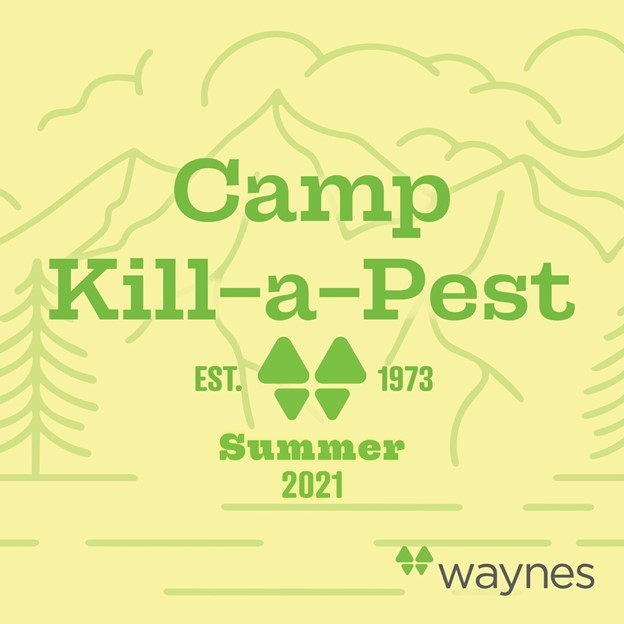While the rest of the world was “buzzing” about murder hornets, here in the south, we felt like we’ve lived with murder hornets for years. We just call them yellowjackets. These aggressive predatory wasps are terrifying, swarming to attack any animal that comes too close to their nest.
Yellowjackets play an essential role in our southern ecosystem. They feed on insects that eat crops and ornamental plants. They also eat house flies and their larva. But they can be dangerous, so take action if they build a nest in your lawn or near areas where children play.
Dealing with yellowjackets is inherently dangerous, so you may want to contact a professional. We’ll discuss that step shortly, but first, let’s learn how to identify yellowjackets and where they live.
Identifying Yellowjackets
Yellowjackets are often confused with other flying insects like honeybees, paper wasps, and mud-daubers. Yellowjackets are about 1/2″ long, with a small midsection and alternating yellow and black bands. Some species also have dark reddish markings.
What Do They Eat?
In addition to the insects mentioned earlier, yellowjackets enjoy anything sweet, including nectar, fruit, and tree sap. They are attracted to garbage containing human food waste, particularly meats and sweets. Avoid leaving out food and open trash containers that could attract them to your next family gathering.
When Are They Active?
Yellowjackets are most active during the summer and early fall. Pay close attention when working outside during these months to avoid an unfortunate encounter with a nest.
Where Do They Nest?
Southern yellowjackets usually build their nests in the ground, but they can sometimes nest indoors or in wall voids. They build their nests in areas that have been disturbed by humans like yards and roadsides. This is one reason why this species frequently comes into conflict with people.
Why Are They So Aggressive?
Yellowjackets are territorial and will attack anything that disturbs their nest. Unlike some stinging insects, they are venomous so they can sting multiple times. They can even bite as a means of holding on as they continue stinging. Their stings are painful and cause swelling. Some people have a severe allergic reaction to yellowjacket stings.
Call Waynes to Take Down Yellowjackets!
Yellowjackets are aggressive, and trying to bring down a nest on your own is risky so you might want to let a professional handle this problem. Waynes pest professionals know just what to do in this situation. To ensure your family remains sting-free, call 866.WAYNES.1 for more information.
